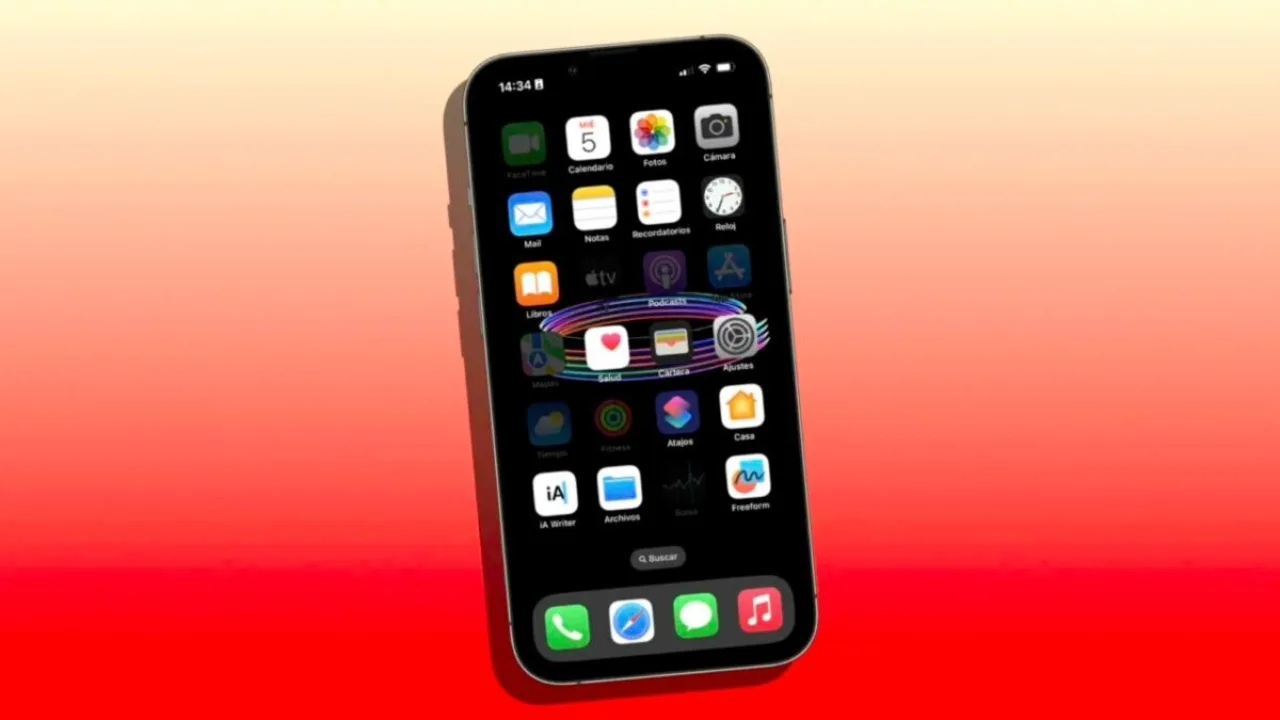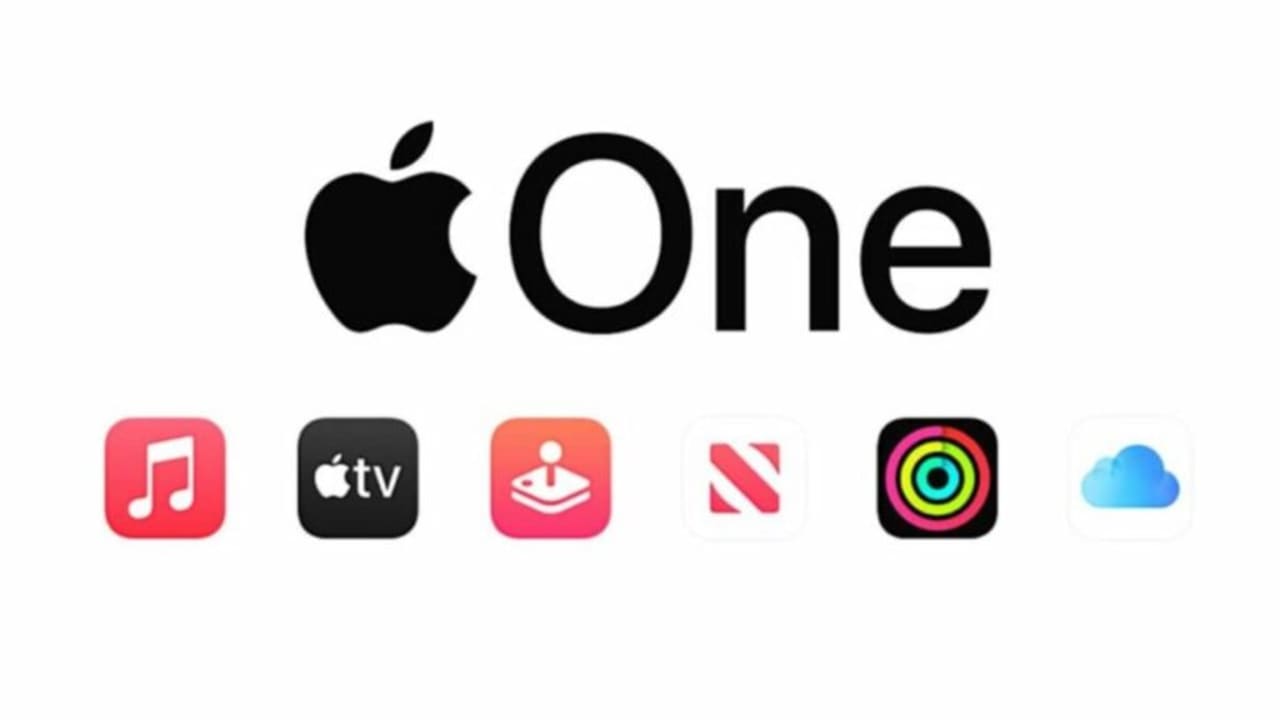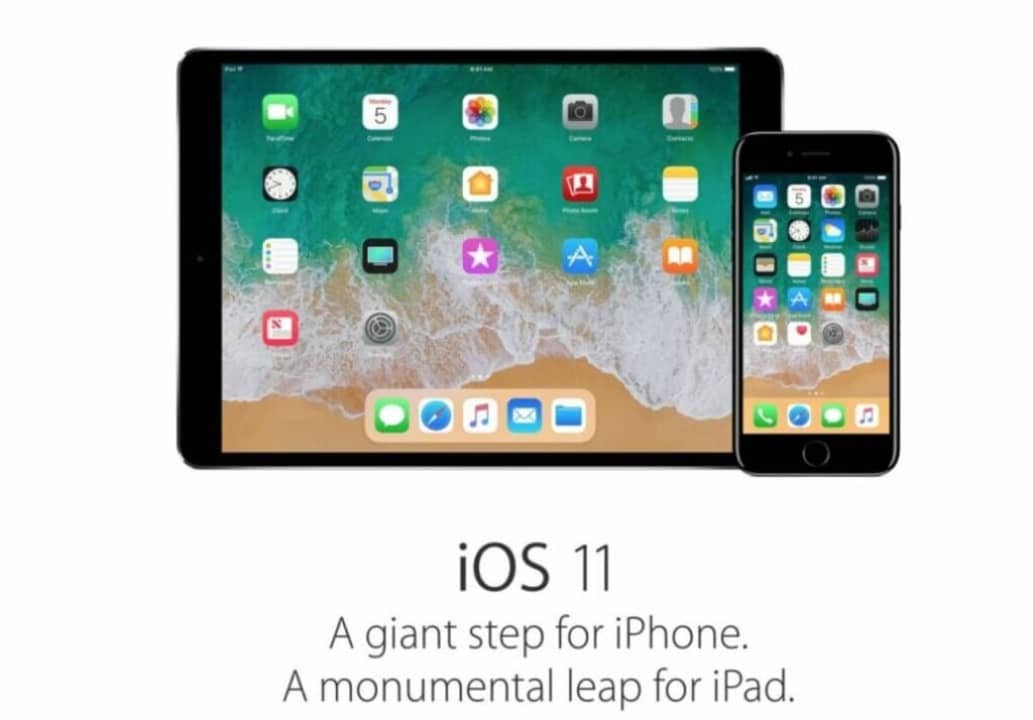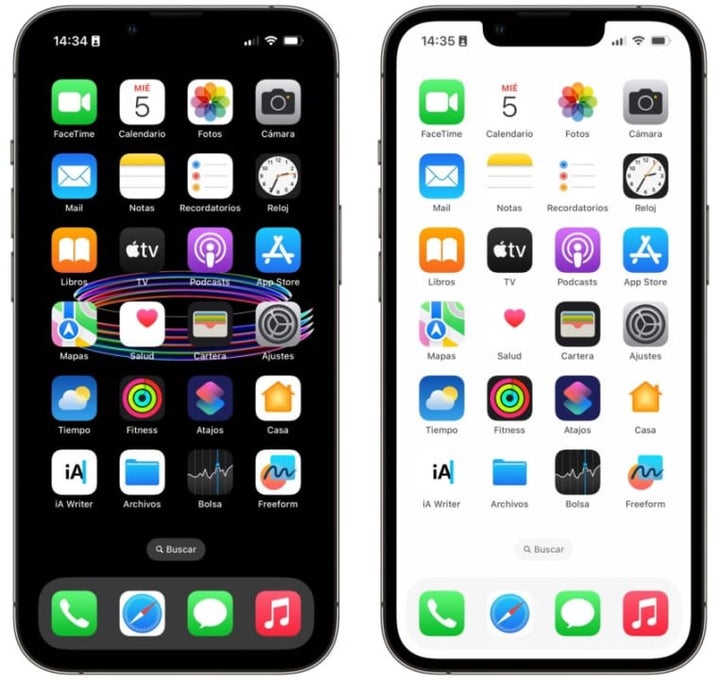News
Apple Services Discontinued for Older iOS Versions: What You Need to Know
Older devices will lose access unless they...

- April 5, 2023
- Updated: July 2, 2025 at 2:35 AM

Apple is known around the globe for its devices and the importance it gives to the ecosystem when we work with more than one. And one of the major pillars of this ecosystem is in the services that accompany our devices. Services that are essential to the user experience and that define even the operating systems and their capabilities.
These services include Apple Music, Apple Arcade, Apple TV+, Apple Fitness+, Apple News+, and many others. Thanks to these services, Apple can offer us a more complete user experience. Now, close to the presentation of iOS 17, and the announcement of its compatibility, at WWDC 2023, changes are coming, as we will have to say goodbye to Apple services in older versions of iOS.
What is happening with services on older devices
As of May 2023, Apple will stop offering most of its services on older versions of iOS, macOS, watchOS and tvOS, except for the iCloud service. Apple services will no longer be accessible except on devices running iOS 11 through iOS 11.2.6, macOS 10.13 through macOS 10.13.3, watchOS 4 through watchOS 4.2.3 or tvOS 11 through tvOS 11.2.6.

The list of services being removed includes the App Store, Siri and Maps, as well as Apple Music, Apple Arcade, Apple TV+, Apple Fitness+ and Apple News+. Apple has advised that affected users may receive a notification to upgrade their devices to a newer version of the software to continue using these services.
What can I do about it and how to upgrade
Normally, when someone stays on an older version of the software, it is because the device no longer supports a newer one. What we’re talking about here, though, is specific versions within a major update. Put another way, all devices that support iOS 11 have support for iOS 11.2.6 which is required to continue accessing Apple services.

This means that unless we are talking about an iPhone 4S, a second or third generation iPad, a first generation iPad mini or a fifth generation iPod touch, we just need to upgrade. In fact, and to put some context. We are talking about devices that were introduced in 2011 and 2012, just 12 years ago.
In any case, if we have a device on iOS 11, macOS 10.13 High Sierra, watchOS 4 or tvOS 11, all we have to do is update. On iOS we simply go into Settings > General > Software Update. On macOS we go to System Preferences > Software Update. On watchOS we open the Watch app on the iPhone and go to General > Software Update. Finally, on tvOS we open Settings and go to System > Software Update.
What happens if we do not upgrade?
If we decide not to update our device, we will no longer be able to access most Apple services, including the App Store, Siri, Maps, Weather and others related to Apple One such as Apple Music, Arcade or TV+. Something not very recommendable, since being able to continue enjoying all these conveniences only requires that, with the steps we have just seen, we update our device.
The end of access to the App Store prevents you from downloading new applications or update existing ones. In addition, remember that these versions contain security improvements, so it is a top priority that devices still using these operating systems are updated.
Why Apple is making these changes
Although Apple has not explained the reasons why it is taking this measure, although the most logical reason is that the services are going to be updated and that, due to age, non-updated devices will not be able to access them. Instead of slowing down the evolution of services for the most current users, Apple would have decided to withdraw access to the oldest ones.

The move also serves as an incentive for older devices to upgrade and thus receive better security. Recall that all updates include security fixes. So much so that Apple continues to update the security of older systems, even if it has been years since they stopped receiving updates.
In any case, according to Apple data from mid-February, only 8% of iPhone users in active use were running iOS 14 or earlier. We don’t have iOS 11 data, but the percentage has to be really small. Put another way, the vast majority of users are already running the latest versions of the software and will not be affected by this change.
As we have said on many occasions, it is important to be aware of software updates to our devices. It is crucial to do so to ensure that all the Apple services we use are working properly and that the security is the safety of all our data, is as high as possible. While the change in services will only affect a small number of users still using older versions, it is important to keep in mind that technology advances rapidly and older devices will eventually lose support for newer services. In the meantime, with an update we fix the situation and can look forward to the changes coming with iOS 17.
Some of the links added in the article are part of affiliate campaigns and may represent benefits for Softonic.
Architect | Founder of hanaringo.com | Apple Technologies Trainer | Writer at Softonic and iDoo_tech, formerly at Applesfera
Latest from David Bernal Raspall
- Ceerly: Explore life through spirituality and astrology powered by cutting-edge AI tech
- The Smart Creator’s Guide to Stock Video: Get Your First 4K Clip Free
- NordLayer is the smartest way to protect our company
- What’s Changed in AutoCAD 2026 Completely Transforms Project Auditing: how we can use Activity Insights efficiently
You may also like
 News
NewsAfter two decades of waiting for it, this medieval game that fans kept asking for is back
Read more
 News
NewsWe do not lose faith in the adaptation of 'One-Punch Man'. The project is still going strong, although we will have to wait
Read more
 News
NewsKeke Palmer will star in the adaptation of this 1980s movie
Read more
 News
NewsIf you're a fan of Yellowstone, you can't miss this period series that just premiered on Netflix
Read more
 News
NewsThe surreal stories of Chuck Palahniuk will return to the big screen with this adaptation
Read more
 News
NewsThe director of 'Wuthering Heights' wants it to be the 'Titanic' of a new generation
Read more